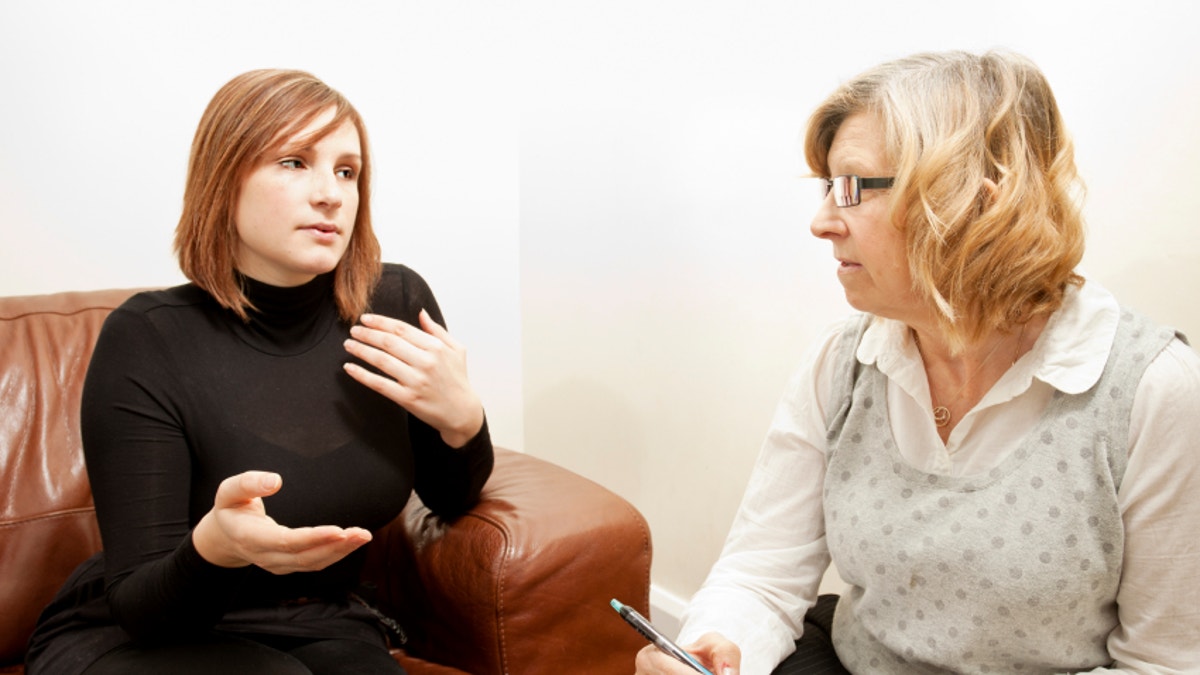
If you receive a difficult diagnosis, are you going to bury your head in the sand and hope it goes away – or are you going to try to fix it? My guess is the majority of us will want to rush into action to make it go away. But before you take a leap of faith into the medical unknown, my advice is to scout out the territory by talking to other people who are ahead of you on the same path.
Start by finding people to whom you can relate. A good way to do that is by joining support groups. You can find them online or search for meetings in your hometown or community. Support groups give you the chance to meet other people who have a head-start on the learning curve about your condition, and they really do understand what you are feeling.
Of course, no two people have the exact same experience – even if they have the same disease – so don’t try to force your symptoms or treatments to match those of someone else. However, you should take advantage of their experiences, support, and resources. While you need to make your own decisions based on your own health and condition, the experiences of others can help you understand your options and help you get the real story about living with the disease. You can find support groups online at many websites dedicated to specific conditions. You can also find a variety of groups on informational sites like empowHER.com. Your healthcare provider may also be able to suggest local groups or websites related to your condition.
More than just giving you someone to whom you can talk, connecting with others can also give you access to a broader resource pool, which can help you make better decisions. My friend and fellow advocate Pat is a perfect example. Pat was diagnosed with a rare type of leukemia, and she believes her connections online actually helped save her life.
“I was not able to see an expert in my condition in my community, but I was able to quickly build a network of fellow patients worldwide who helped guide me and fill in the gaps," Pat told me. "When I ran into clinical concerns, I was able to use an online ‘Ask the Expert’ service, which validated that a treatment course being suggested locally was ill-advised. It boiled down to getting the right information to manage my own care plan and resulted in achieving the best possible response to treatment in an optimal time frame. Had I just gone along with what local doctors were telling me to do I doubt that I would be alive, and I definitely would be in much poorer health.”
Remember that you are not alone. There are other people in the world who have what you have. I believe it is much easier to grasp the details of any condition when you can share information with someone in the same situation. Research also shows that people tend to heal better when they are in a group rather than when they try to go it alone. So don’t think you have to be strong and go through your illness or treatment solo. Give yourself the best possible chance at a full recovery by taking advantage of every type of healing, including the support and experience of people who have been there before you.
Participating in a support group also means you are passing on your experiences to the people coming into the group after you. Many people going through a serious illness find that an important part of the healing process is giving back to someone else. Support groups can give you those opportunities.
Helping others is a healthy sign of a positive attitude that is critical to healing. This is a key thing for me. I believe in my heart of hearts that helping others gives me a positive charge that improves my own healing – in both body and spirit. As a health advocate, I want to share that with you. If you have a difficult diagnosis, I encourage you to be your best health advocate by participating fully in your own healing and recovery, including sharing the benefits of your experience with others.
Michelle King Robson (pronounced robe-son) is one of the nation's leading women's health and wellness advocates. She is the Founder, Chairperson and CEO of EmpowHER, one of the fastest-growing and largest social health companies dedicated exclusively to women's health and wellness. In 2011 EmpowHER reached more than 60 million women onsite and through syndication expects to reach more than 250 million in 2012.
